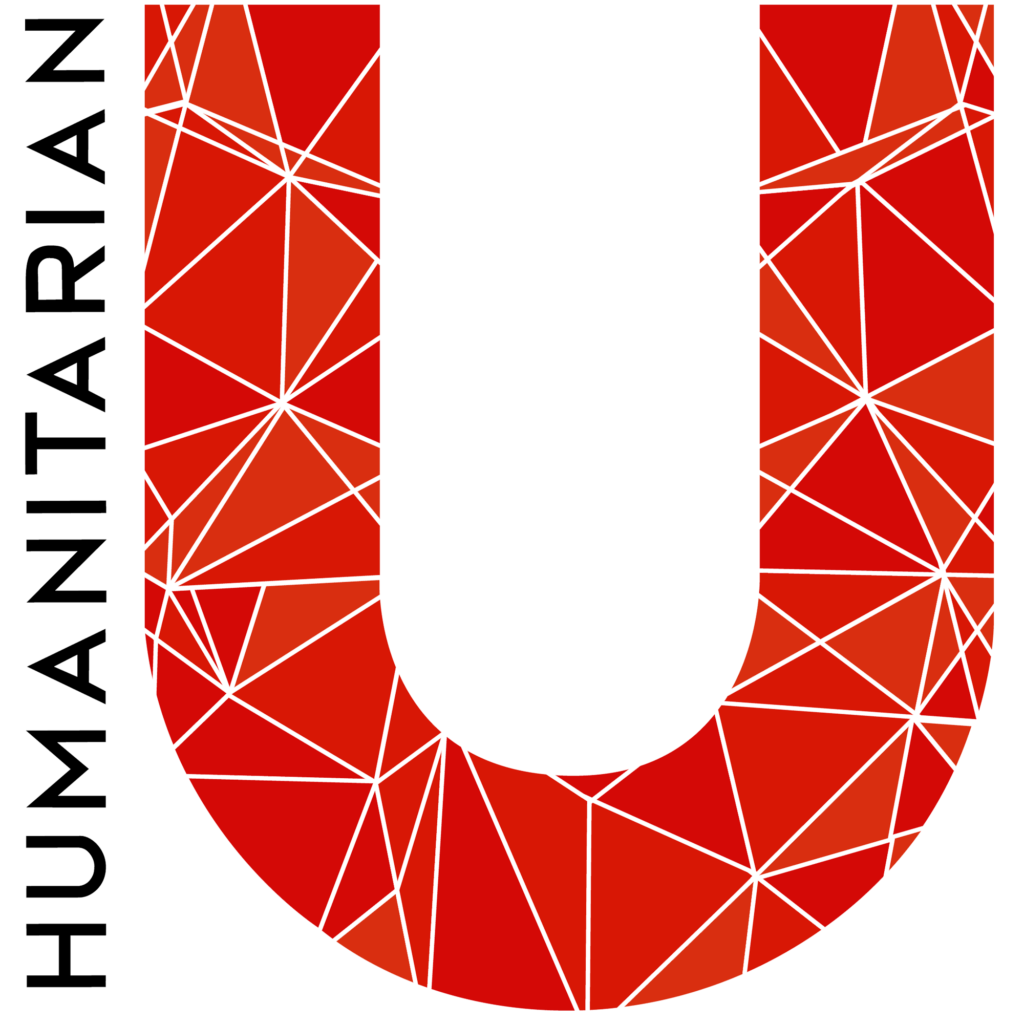Humanitarian emergencies such as violent conflicts, natural disasters, political unrest, and healthcare emergencies often warrant emergency support and relief for those affected. However, scaling up humanitarian interventions alone would not guarantee the delivery of life-saving measures in conflict-ridden situations. It is paramount that the individuals on the ground be adequately trained and equipped with the necessary knowledge to respond effectively and contribute meaningfully to humanitarian relief efforts; otherwise, it could result in more harm than good.
A recent publication by Dr. Kirsten Johnson, Humanitarian U’s Founder, and her colleague Dr. Fong elaborates on the challenges faced in delivering humanitarian aid in Ukraine. The authors use the term “disaster tourists” to refer to individuals who were unaffiliated with any humanitarian organizations and lacked the skills needed to respond in a disaster setting. These individuals were ill-equipped to assist and often competed with the Ukrainian refugees for limited accommodation and resources, resulting in more problems than solutions. Many complexities are involved in working on the ground in a warzone. If strides are to be made in the right direction, it is crucial to seek the essential training and register with reputable humanitarian organizations with a history of responding to complex humanitarian emergencies. These measures can help reduce the wastage of resources and maximize operational efficiency by ensuring the delivery of humanitarian aid in times of crisis, especially in war zone areas.
At Humanitarian U, we recognize the gravity of the issue at hand and seek to provide and equip humanitarian aid workers worldwide with the knowledge and skills required to respond and corroborate relief efforts in times of disaster and crisis. We are committed to effecting positive change by providing critical medical services and offering aid to people displaced by conflict and natural disasters. Our online training and certification program is accessible to anybody, anytime and anywhere, even in the most challenging situations worldwide.
Fong, A., & Johnson, K. (2022). Responding to the war in Ukraine. Canadian Journal of Emergency Medicine, 24(5), 471–472. https://doi.org/10.1007/s43678-022-00319-8


